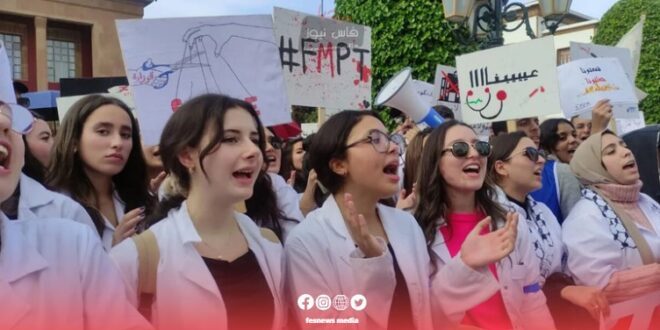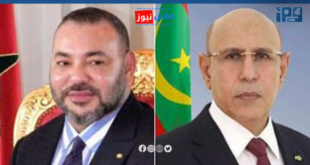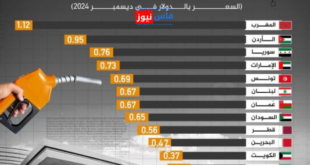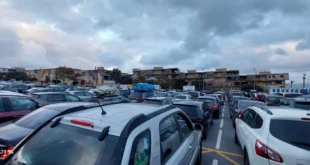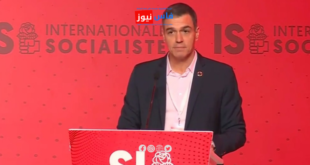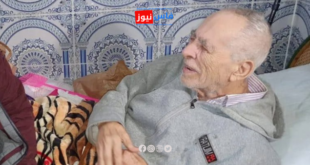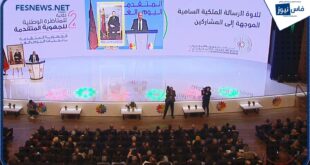The Moroccan academic landscape is witnessing escalating tensions as the new university term approaches, against the backdrop of an ongoing dispute between students of public medical and pharmacy faculties and the authorities responsible for medical studies in the kingdom.
The crisis centers around proposed reforms in medical training, with the Minister of Higher Education insisting on implementing these reforms and reducing the duration of study, while students maintain their stance against applying these changes to the current five cohorts.
In an exclusive statement to “Al-Sahara Al-Maghribia” newspaper, Yasser Akef, representative of medical and pharmacy students in Rabat and member of the National Committee for Medical, Pharmacy, and Dental Students in Morocco, confirmed the students’ readiness to discuss all demands with officials. However, he emphasized their insistence on maintaining the seventh year for the current five cohorts, considering it a fundamental condition for ending the boycott and returning studies to their normal course.
An informed source explained that students consider the new proposal from the Ministry of Higher Education regarding ensuring the time allocation for training for the 2019-2024 cohorts as “vague and not entirely precise.” The source affirmed that the students’ position is not an individual decision, but the result of consultations and democratic voting that included the majority of students.
The crisis appears to be heading towards further escalation, with students insisting on their position despite the significant pressures they face. In light of this tense situation, observers expect the upcoming academic year to witness unprecedented levels of congestion unless a solution satisfying all parties is reached.
All eyes remain on the efforts being made to reach a compromise that preserves students’ interests and ensures the quality of medical training in Morocco, while being careful not to disrupt the academic path of current and future students.
 فاس نيوز ميديا جريدة الكترونية جهوية تعنى بشؤون و أخبار جهة فاس مكناس – متجددة على مدار الساعة
فاس نيوز ميديا جريدة الكترونية جهوية تعنى بشؤون و أخبار جهة فاس مكناس – متجددة على مدار الساعة

